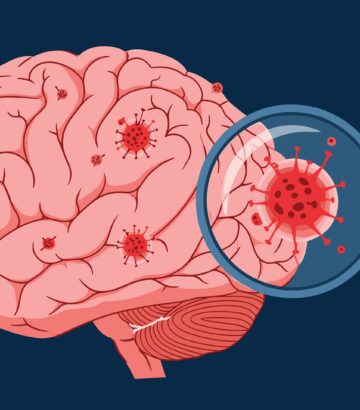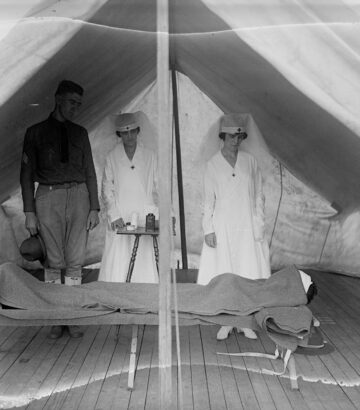Want to Reduce Your Risk of Cancer? Heart Disease? Diabetes? Dementia? And More? Here’s How.
What if simple changes could significantly reduce your risk for serious illnesses, such as cancer, heart disease, diabetes, dementia, and more?
We all want to protect our health: eat better, move more, quit smoking, manage stress, and keep up with medical screenings.
But what if one of the most powerful things you could do to protect yourself isn’t even on your radar? What if you could make simple changes to dramatically reduce your risk for serious illnesses and chronic conditions?
Avoiding COVID-19 infection may be one of the most important things you can do to protect your long-term health.
While a COVID infection may appear “mild” in the beginning, its long-term consequences can be severe – paralleling other initially mild infections with severe consequences down the road like HIV-AIDS and hepatitis C. COVID is not a simple airway infection like a cold or the flu, but a blood vessel infection that weakens the immune system, making you more susceptible to other illnesses. A growing body of research draws clear connections between COVID-19 infections and increased risks for serious, chronic health problems, including:
- Heart attacks, strokes, and cardiovascular disease
- New-onset diabetes and worsening of existing metabolic conditions
- Accelerated cognitive decline and dementia
- Reactivation of viruses
- Immune system dysregulation and chronic fatigue syndromes
These risks aren’t theoretical—they’re showing up in the data of large-scale studies. Increased cancer risks are also expected based upon immune system dysregulation because the immune system protects people from cancer. There are also specific COVID effects that have been identified as increasing cancer risks. Even people who had COVID infections they believed to be “mild” are seeing long-term impacts months or even years later. And the risk goes up with each subsequent infection.
Protect yourself and your kids.
Importantly, COVID infection has been found to increase risk of these illnesses in adults as well as in children. Children experience increased risks of various cardiovascular outcomes, diabetes diagnosis, and lasting cognitive and psychological effects following COVID infection.
So, What Can You Do?
If you care about your long-term health, you should care about avoiding COVID infection.
The good news? You can take steps to dramatically reduce your risk:
- Wear a fitted respirator mask (N95)
- Improve indoor air quality with ventilation and HEPA filters
- Get vaccinated and stay up-to-date with boosters
- Test frequently and regularly, before and after gatherings or potential exposure
- Stay home if you’re feeling sick or testing positive—and encourage others to do the same
COVID-19 is not “just a cold” or “mild.” Protecting yourself from COVID is about understanding the immediate and long-term damage it can do and taking your health seriously.
Learn more:
- Mask fit (https://whn.global/guidelines/masks/).
- Free masks (https://maskbloc.org/)
- Clean Air (https://whn.global/scientific/benefits-of-hepa-filters-at-home/)
- Looking for a welcoming community? Join WHN!











